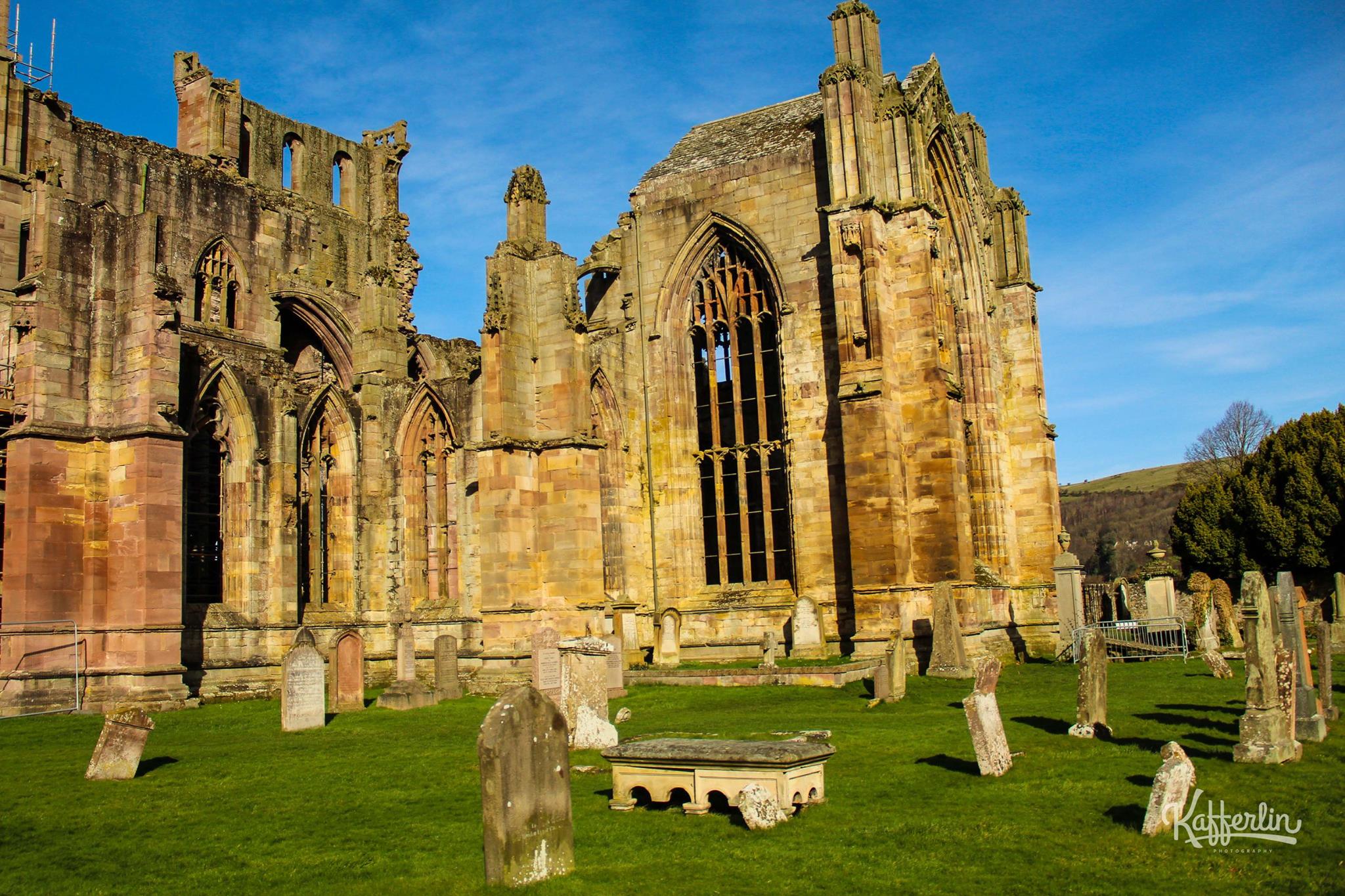About this time last year, I had the opportunity to romp through England, Wales and Scotland. Exploring ancient abbeys and graveyards made me feel an odd kind of hiraeth—a Welsh term, fittingly, that refers to “a homesickness for a home to which you cannot return, a home which maybe never was.” The term also denotes the “nostalgia, the yearning, the grief for the lost places of your past.”
The ancients had a healthy respect for mortality, for the impermanence and transience of human life. You get a sense of that as you walk among the ruins. Just visit an historic graveyard and contrast it with the cemeteries of today, where you’ll doubtless find toys and pretty scenes of nature, carvings of animals and nice quotes.
Not so in old Europe. On old British headstones, you’ll find skulls, bones, and Latin phrases reminding the reader that death is near. What comes to mind for me is memento mori (remember that you have to die) and tempus inreparabile fugit (it escapes, irretrievable time).
The memory of British graves came flooding back last night (Ash Wednesday) as the minister etched ashes on my forehead in the shape of the Cross and spoke the traditional words: “Ben, remember that from dust you are made…”
In my mind’s eye, I could see the old headstones, abbeys and castles, and I could hear Ecclesiastes 3:20 ringing in my ear: “All go to the same place. All are from the dust, and to dust all shall return.”
When you feel a sense of hiraeth, you may get the sense, as with Plato’s forms, that this life is a shadow of ultimate reality. And in the words of C. S. Lewis, “If I find in myself desires which nothing in this world can satisfy, the only logical explanation is that I was made for another world.”
And so we are reminded of this simple fact: we are meant for another world. This life is temporary and short. We will all return to ashes.
What’s astounding to me is that God chose to make us from dust and place us in dust while, at the same time, infusing our bodies with soul and spirit, calling us to magnify His name in ways unique and profound. The miraculous mystery of creation is that dust would be the basis for the creaturely reflection of almighty God – the imago dei.
“Your time is a limited resource,” business gurus will tell you. Usually they follow this statement with a lesson on resource allocation, prioritization and time management. While these tips are all well and good, they miss the heart of the matter.
Ask what you are doing with your life that is redemptive, that leaves behind a legacy, that makes the best use of dust. Ruminate not just day-to-day, but also year-to-year, decade to decade, generation to generation.
Here’s another obscure word (Greek, not Welsh): metanoia. It means, “The journey to change one’s mind, heart, self, or way of life.” That journey must start now, in the present. Because as Aleksandr Solzhenitsyn wisely reminds us, the real “trouble with the future” is that “it slips away and eludes us.”

